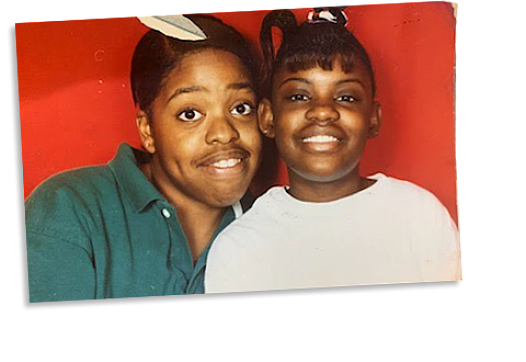
Family members who take in a relative's kids face unique challenges. Often, they do so without financial, educational and medical support.

Family members who take in a relative's kids face unique challenges. Often, they do so without financial, educational and medical support.
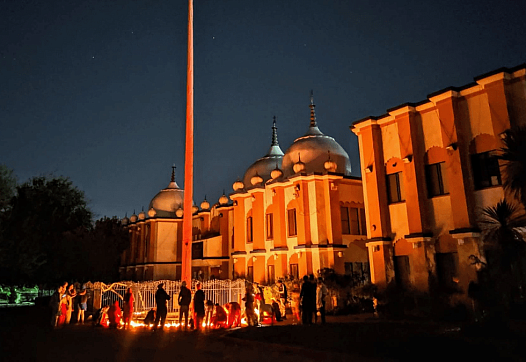
Gurdwaras serve as more than a house of worship — for many Sikh immigrants, they offer an avenue of healthcare and community at a turbulent time.
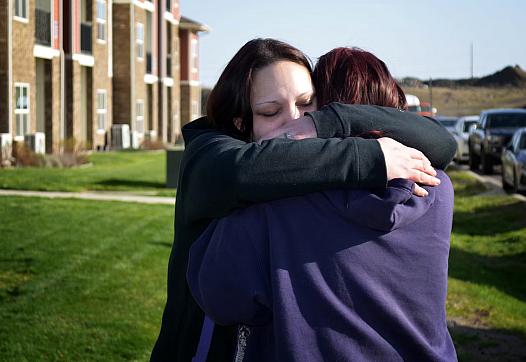
Despite reforms, Native kids remain overrepresented in Washington state. Tribal systems offer hope but need more support and resources.
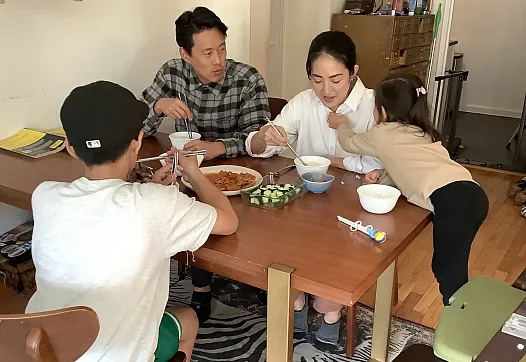
Chinese immigrant parents risk losing children to the foster system due to cultural, language, and legal gaps. With few Asian foster homes, kids often lose heritage and ties to family.
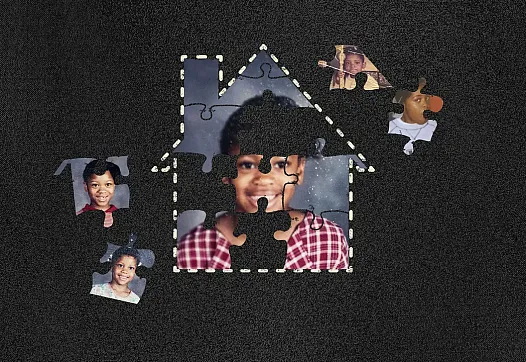
Torn apart in foster care, the consequences of family separation rippled through the lives of Amy and her sisters – and then their children.
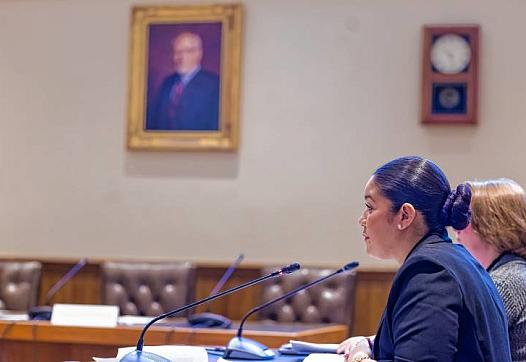
A reporter seeks answers on the use of residential treatment programs nationwide — and the rationale for sending kids away from home.
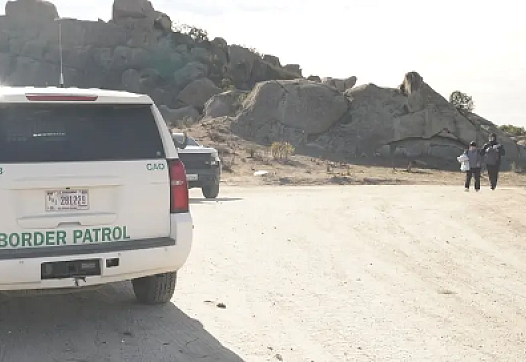
隨著川普政府收緊移民執法,越來越多無證亞洲移民陷入法律僵局——無法調整身份、無法回國,也無法公開談論自己的生活。
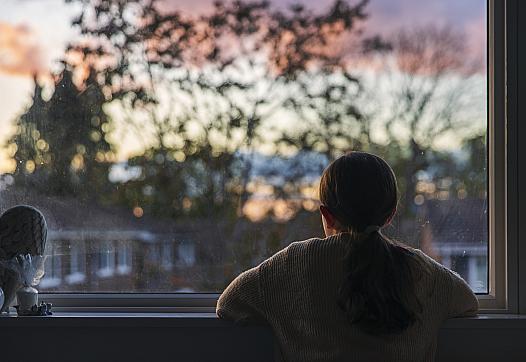
A reporter finds rising needs, funding gaps, and families forced to give up custody for care.
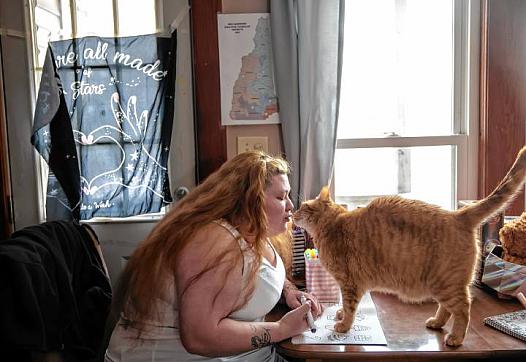
For kids in state custody like Brie Lamarche, New Hampshire’s strained foster care system can lead to placements thousands of miles from home.
Homeless people make up over 30% of Sacramento jail bookings, costing millions annually. Many have serious mental illness and lack basic necessities.